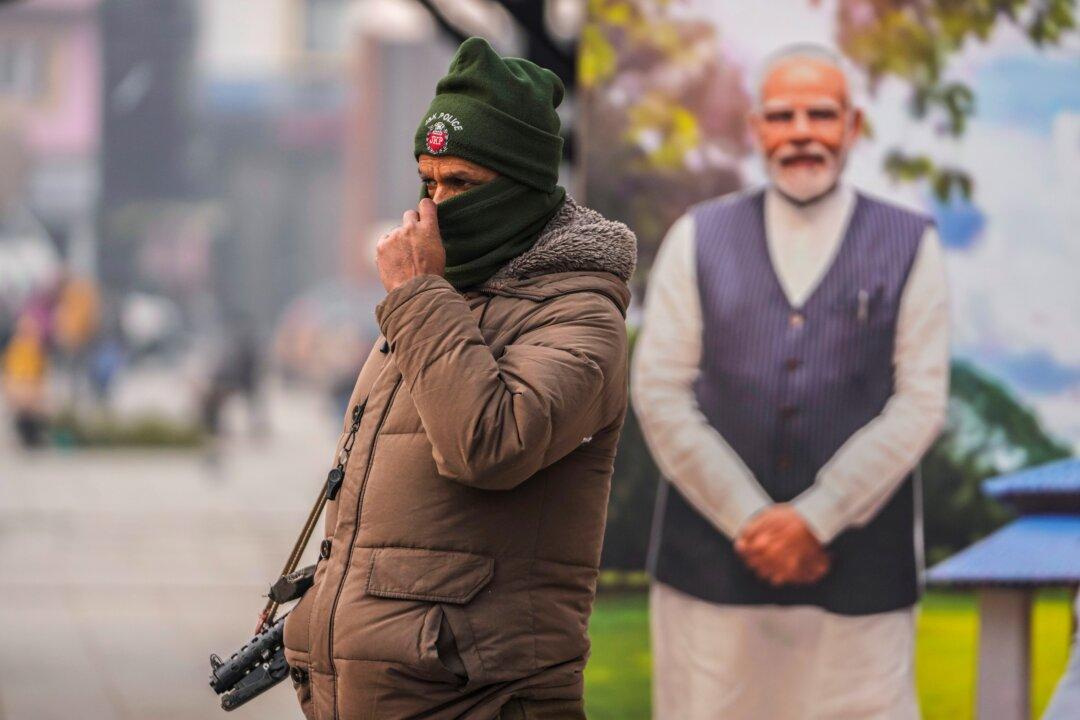NEW DELHI—On Dec. 11, India’s Supreme Court upheld a 2019 Indian government decision revoking special status for the former state of Jammu and Kashmir. The move strengthens Prime Minister Narendra Modi and is in India’s geopolitical interest, experts say.
Four years ago, India split the former state of Jammu and Kashmir into two federally governed territories—one, Jammu-Kashmir, bordering Pakistan, and the other, Ladakh, bordering China.





